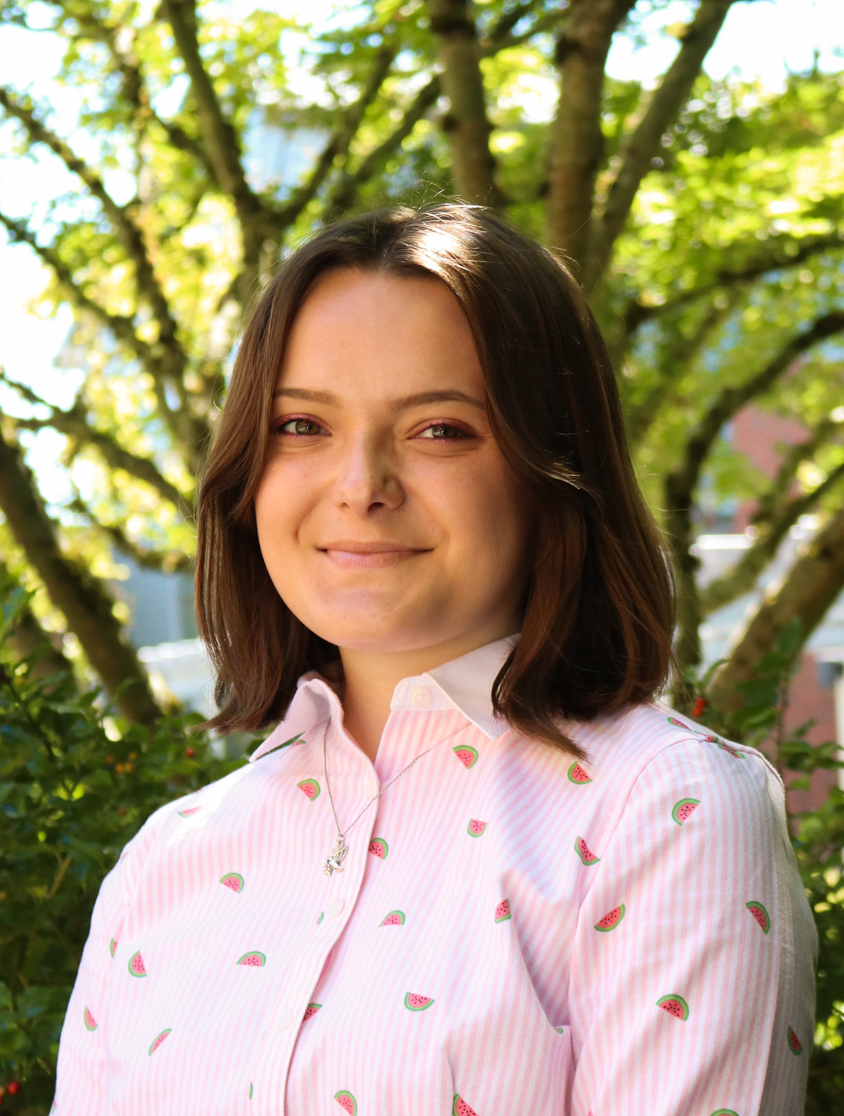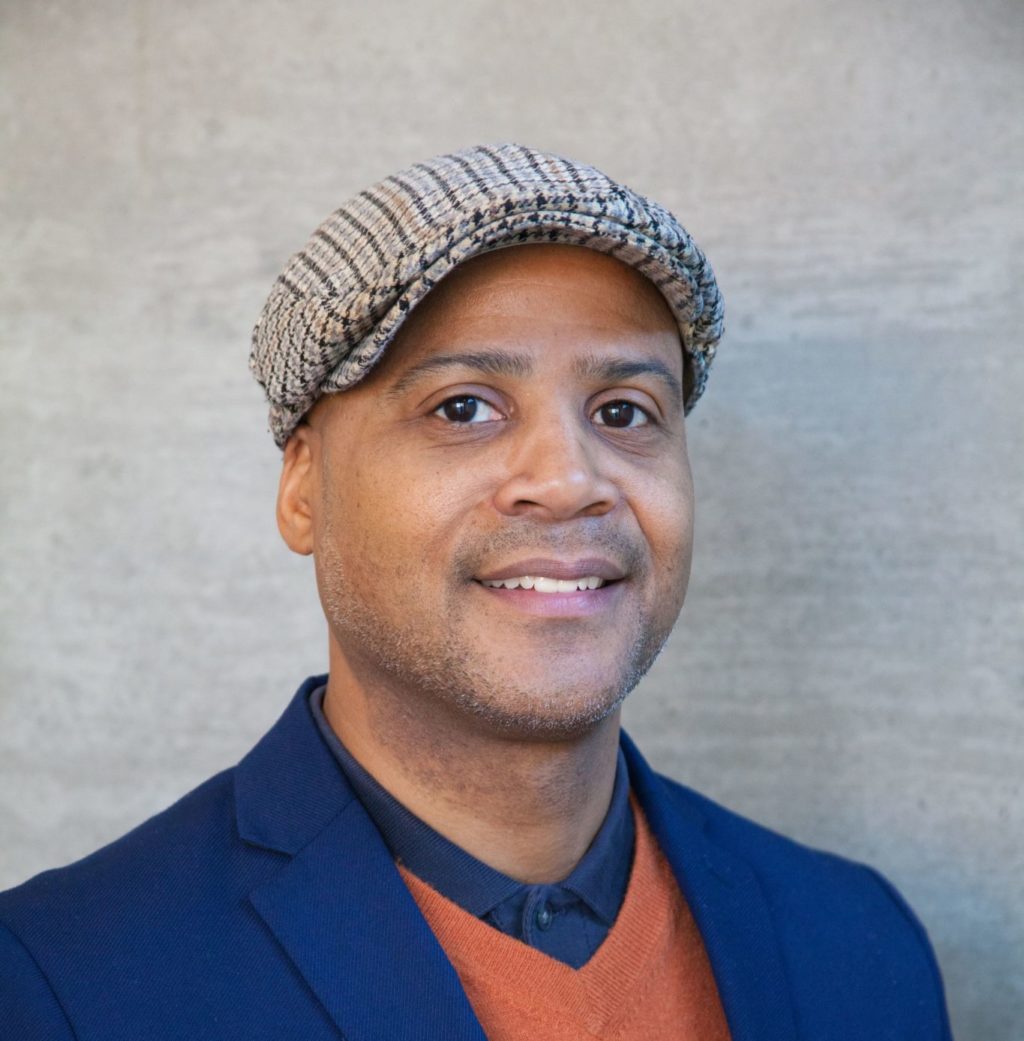
Thabiti Lewis is no stranger when it comes to being a triple threat: an English professor, interim associate vice chancellor for academic affairs and co-director of the documentary, “BAM! Chicago’s Black Arts Movement.” In a Q&A session with The VanCougar, Lewis laid out his research on race and culture, what lies in his future and his love for the musical, “Grease.”
Q: How long have you been at WSU Vancouver? What classes do you teach?
A: I arrived at WSU Vancouver in 2008, and I was at Willamette University in Salem. I came here to teach American literature with a particular focus in African American literature in the 20th century. Of course, I do teach 18th and 19th [century] because I teach an introduction to Afro-American literature. But, my major interest is 20th century
African American literature. And, I teach multicultural literature.
Q: What is your favorite part about being an English professor?
A: I think that the Pacific Northwest is a unique space. Our students, our campus, is really a great mixture of [student diversity] … I love the fact that here, you have a number of courses where you have students who are in their mid 20s, late 20s, and early 30s who are in classroom spaces with students who are 18, 19, 20. I think there is a great exchange that takes place … What I have found is that many of the students that I have encountered, really don’t have a strong background in multicultural literature or African American literature. I find myself covering a lot of ground, but, I find the students to be very earnest, and genuinely interested in trying to fill those gaps and learn a lot.
Q: What led you to becoming Interim Associate Vice Chancellor for Student Affairs?
A: I always felt as a teacher, or as an educator, as a scholar and then in this role as an administrator being able to really impact our students is something I would like to give back. I like this position, what led me to it is the opportunity to act on students’ experience, faculty, growth and development. I think that I am bringing a perspective of experiences that I think are unique … I am constantly in a position to be able to innovate.
Q: What are you currently doing to pursue academic research regarding femininity, masculinity, race and sport?
A: Before I went to graduate school, I was a newspaper columnist and [worked with a] radio show, and I was writing for the source as a freelancer … An area of interest for me was always masculinity in sport. But also really trying to deal with critical race theory, and using sport which is so much a part of our society, it’s everywhere. And you feel the void now with the pandemic going on, where you know it is like ‘wow where is sport,’ right. But, it touches so many fibers of our society, that I have always seen as a great way to raise issues that are problematic, and use it as a catalyst to create change. And so, there are so many stereotypes and images that manifest in sport culture, some are covert, but they continue to exist.
Q: Can you talk about your recent documentary, “BAM! Chicago’s Black Arts Movement”?
A: The film really lays out Chicago as a cityscape. As a place that had a history of black institution buildings, because you had the black artists of the 1940s and 50s who created a foundation for the artists, and the intellectuals that arise in the 1960s. You may see people like Barbara Burroughs, Charlie Burroughs, Richard Wright and William Brooks, and so they’re seeing these individuals, and seeing them build institutions. They’re seeing them create and collect intellectual communities. They understand the importance of building institutions. The very first African American museum came out of Chicago, the Dusable Museum named after the founder of the city of Chicago, a Haitian gentleman … That’s the history of Chicago, the independent black institution building, which impacts the kind of independent art that takes place during this time that challenges aesthetics. They challenge notions of universality. So, really when we say notions of universality, [it is] the idea that European art is a universal standard … We see value and beauty, in black culture. It’s not to say that there’s not great beauty and importance in European culture, but it’s just, it is not the center.
“We see value and beauty, in black culture. It’s not to say that there’s not great beauty and importance in European culture, but it’s just, it is not the center.” — Thabiti Lewis
Q: What are your goals for people to take away after watching your film?
A: I want [people] to have a different understanding and perspective. A perspective of the real power, focus, genius and organization of the Black Arts Movement. Not only in Chicago, but throughout the United States, but seeing Chicago as a major player. It was sort of this matrix that people would come through.
Q: Do you have any plans for another documentary in the future?
A: Yes, I absolutely have been thinking about that. So first, I have to get this edited book out. I would like to pitch a project to Netflix, Amazon or someone, for a series of looking at the Black Arts Movement in different cities. There’s major cities that have the same or different dynamics … So, it would be nice to have like a six, seven part series that looked at some different regions that would examine the era and bring in people who were participants in those spaces.
Q: Is it true that you know every word of the movie, “Grease”?
A: Well oh well oh well oh, now I do know all the songs. I hear it queued up and I am singing along. People might hear me talk intellectually and politics. But, “Grease” comes on, and this guy is singing ‘look at me I’m Sandra Dee.’ As a kid, we watched that movie so many times, listening to the soundtrack in the living room, me and my sister and cousin … Of course a literature professor would love musicals, right?

Olivia is a senior studying English at WSU Vancouver.
